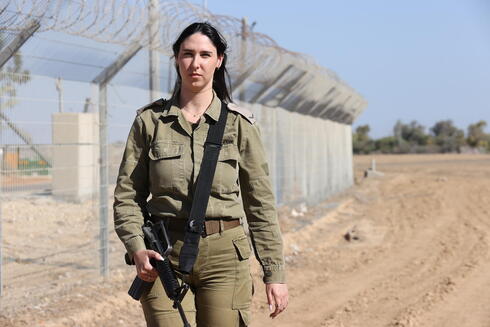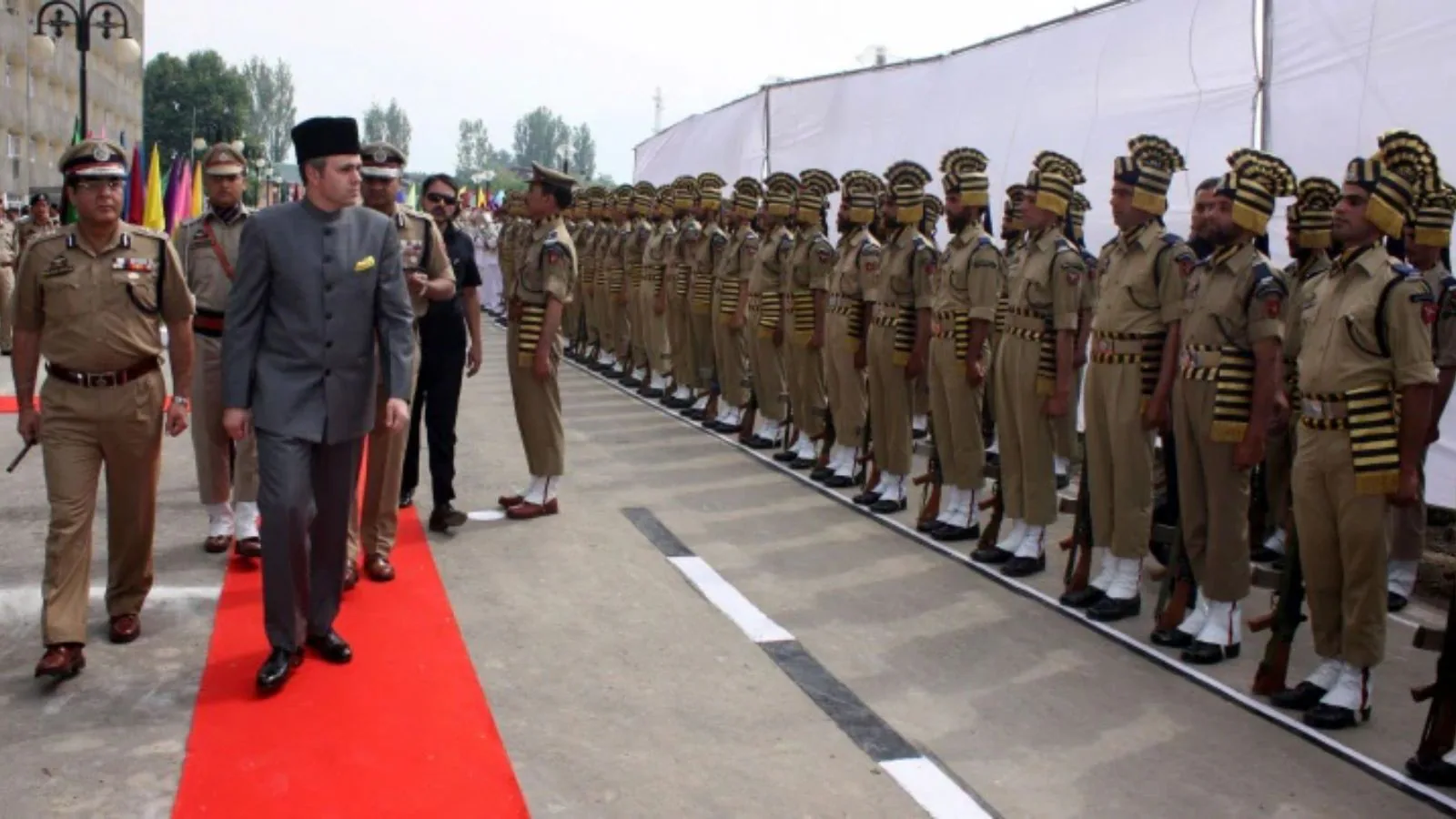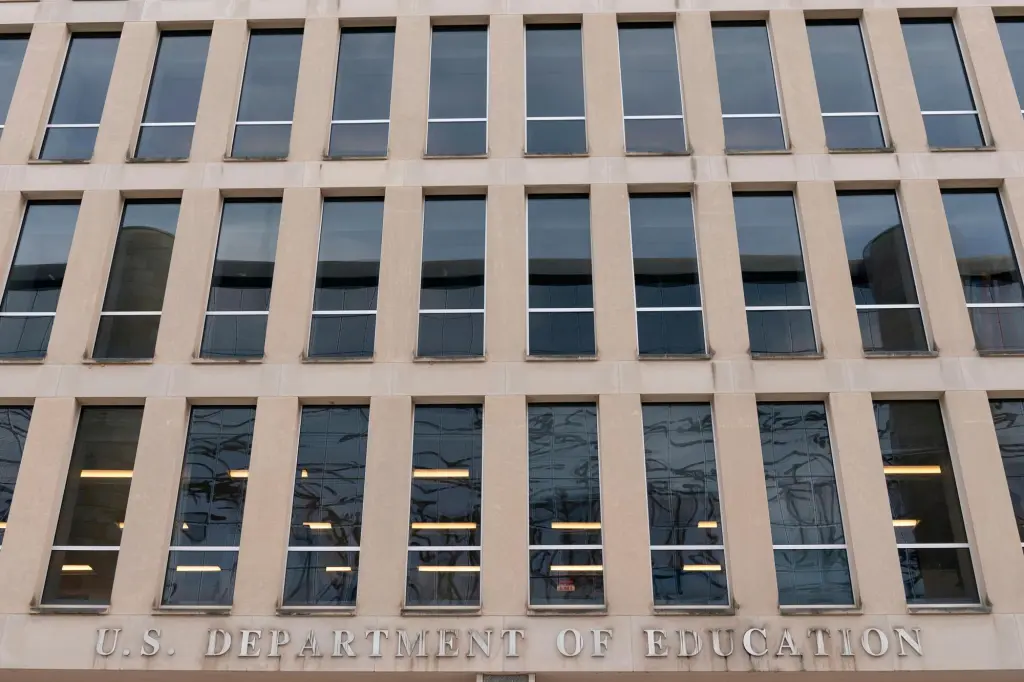Copyright ynetnews

Sgt. First Class (res.) Shani Chozeh, 22, from Rehovot, was in the Gaza Division’s lookout war room at the Re’im base early on October 7, 2023, when terrorists from Hamas launched their surprise invasion of southern Israel. Her shift had ended at midnight, but she returned to duty at 5:30 a.m. for dawn readiness. “Everything was tense,” she recalled. “There had been riots along the fence. We were on alert. But no one imagined what was about to happen.” By 6:29 a.m., she and her team saw heavily armed men advancing toward the border. “Thousands ran at the fence and blew it up,” she said. “Pickups, motorcycles with RPGs, others on foot. It was a horror film. I realized they were invading my country.” For nearly 24 hours, Chozeh and a handful of soldiers were trapped inside the war room—cut off from the outside world and fighting with limited equipment as Hamas terrorists poured across the border. “Everything I learned came down to that day,” she said. “There’s no formula for this. You just do what you can.” Chozeh enlisted in March 2022 and, after training, was assigned to the Kerem Shalom lookout outpost. She participated in an operation against the terrorist group Palestinian Islamic Jihad (PIJ) before advancing to a command position in the Gaza Division’s southern war room at Re’im in early 2023. “It’s a role with huge responsibility,” she said. “When the officer wasn’t there, I was in charge of the whole section and the war room.” From her first days in service, she was aware of the Gaza border’s dangers. “You know the history—Gilad Shalit’s kidnapping, tunnel infiltrations, terrorist incursions. The risk of abduction was always there. But nothing prepared us for the scale of what happened that morning.” When the sirens began, Chozeh and her lookouts immediately identified dozens—then hundreds—of armed men breaching the border fence. “They blew holes in the barrier and stormed through,” she said. Inside the division’s compound, Col. Asaf Hamami, the southern brigade commander, directed the battle from a nearby command post. His decision to remain there would later spark debate. Moments before the chaos reached its peak, Chozeh managed to call her family. “I told them to hide,” she said. “My mother asked what I meant, but I hung up. We didn’t speak again until midnight.” “I had no time for emotions,” she said. “I worked on autopilot—declaring one infiltration after another, reporting exactly what I saw, trying to help direct fire where it was needed.” But the situation quickly spiraled out of control. “Total chaos,” she said. “Soldiers were begging for help, civilians were wounded, commanders were down. I realized it was only a matter of time before they reached us.” In those first hours, Chozeh balanced nonstop radio reports, phone calls, and the emotional toll on her soldiers. “I tried to be like a mother to them—hugging, reassuring, even switching their stations so they wouldn’t see the worst scenes. I wanted them to feel safe.” She ordered the lookouts hiding in the shelter not to leave. “I told them, even if you faint, keep the door locked,” she said. “I already knew terrorists were inside the base.” One of the first targets struck by the terrorists was the division’s surveillance network, including its observation balloons. “That was the first thing they hit. They knew it was our strength,” she said. With only three working lookout stations remaining, Chozeh described the helplessness that followed. “It was all on us—what our eyes could see,” she said. “We kept reporting infiltrations, watching Hamas fighters cross the border. You can’t imagine what it’s like to choose, in seconds, which place to warn about—a kibbutz, a base, a road.” As reports poured in, Chozeh heard one she will never forget: Col. Asaf Hamami had been killed near Kibbutz Nirim while fighting terrorists and his body had been taken into Gaza. “His son was in the compound,” she said. “The education officer came to get him something to eat. I handed her a pack of cookies and went back to my post.” “Hamami was the model commander—humble, professional, wise. He rushed to protect the residents of Nirim. Hearing he was gone was unbearable.” Throughout the morning, Chozeh fielded desperate calls for assistance from across the region. Among them was Ohad Dezerman, deputy security coordinator of Kibbutz Magen, pleading for air support. “They’re overrunning us—there are terrorists everywhere,” he told her. “I didn’t know what to say,” she recalled. “I couldn’t tell a civilian there was nothing I could do. He spotted a cell approaching, and I saw it on the screen. I guided him in real time and shouted for help over the radio, but the call was cut off.” Days later, she met Dezerman in person. “We hugged and cried,” she said. “Neither of us thought the other had survived.” She also received a whispering phone call from three young women who said they could hear Arabic being spoken nearby. They were later identified as survivors of the Nova music festival massacre. “I couldn’t pinpoint their location. The call broke off,” she said. By then, “we saw thousands of terrorists,” Chozeh said. “It felt like they were staring right into my eyes. We tied our belts around the door handles to keep the door shut.” At 8:19 a.m., Chozeh’s team saw the Ziyadne family from Rahat being kidnapped from Kibbutz Holit—father Youssef Hamis Ziyadne and his children Hamza, Bilal, and Aisha. Aisha Ziyadne, 17, and Bilal Ziyadne, 18, were freed on Nov. 30, 2023, during an extension of a temporary truce mediated by Qatar and the United States between Israel and Hamas. The body of their father, Youssef Hamis Ziyadne, was recovered from a tunnel in Gaza on Jan. 8, 2025, and two days later Israeli officials confirmed that their brother, Hamza Ziyadne, had been murdered. His body was returned to Israel on Jan. 20, 2024. “We saw them with their hands tied behind their backs, led by terrorists with rifles,” Chozeh said. “They were forced to their knees. I screamed—I thought they were about to be executed. I called in coordinates and asked for a drone strike, but then they stood up, probably hearing it overhead. Then a car came and took them into Gaza. I shouted, ‘Kidnapping! They’re moving west, 200 meters inside the Strip.’ It was unbearable helplessness. Later I realized they didn’t know someone had seen them and was fighting for them.” Later that morning, the soldiers heard knocking on the war room door. “A guard said he heard Arabic,” Chozeh said. “Then gunfire erupted and someone shouted, ‘Terrorists in the base—many of them!’” The women hit the floor. Chozeh stood by the door. “I preferred to take it first,” she said through tears. “I prepared myself to die. After minutes of silence, we got up and kept working as if nothing was happening.” Five survivors from the Nova festival later reached the war room. One was severely wounded. “I bandaged him myself and cut off his blood-soaked wristband,” she said. At 8:11 p.m., Chozeh stepped out of the war room for the first time to find water. “We’d gone all day without any,” she said. “Outside were bodies—soldiers and terrorists. Blood, shrapnel, a heavy smell. I found no water and went back.” The second time she stepped out, she called her mother. “I told her what had happened—that my commander was dead, that I was surrounded by bodies. It was the first time I allowed myself to break down.” She also saw the nearby gym that had been bombed by an Israeli drone after terrorists barricaded inside. “The explosion felt like an earthquake,” she said. “The base was destroyed.” The next morning, the soldiers finally left the war room. Chozeh still feared terrorists were inside the compound. Only later did she learn that her friends from the Nahal Oz war room—Sgt. Yam Glass and Sgt. Shay Ashram—had been killed, along with seven other lookouts and two communications operators. Seven more were kidnapped. “After that day, I decided to stay in the army as long as they needed me,” she said. Released in March 2024, she immediately volunteered for six months of reserve duty and continues to serve. “Those of us who lived through it see things differently,” she said. “I want to pass on what I learned.” “The days around October 7 are still hard,” she said. “I didn’t make it to every grave or memorial. My heart aches for the residents of the Gaza-envelope communities who suffered so much. They always welcomed us with warmth.” After the attack, she called the parents of her fallen comrades one by one. “I gave them what certainty I could—what I couldn’t give them on October 7,” she said. “I saw the terrorists invade,” Chozeh said, “but I also saw the Israel Defense Forces come back to life. We restored our lookout systems and kept operating—as the war room, as the army. That was my closure.” Still waiting for a personal closure, Chozeh said she hopes to meet Bilal and Aisha Ziyadne in Israel. “I want to tell them I cried out for them, that I fought for them,” she said. “I’m proud to be a lookout and proud of everyone who serves in that role. I’m glad the living hostages are home and pray for the return of those still held in Gaza.”



